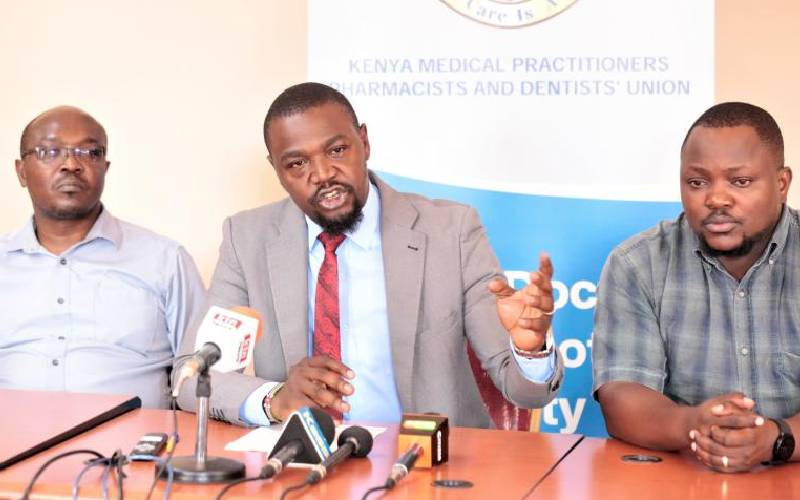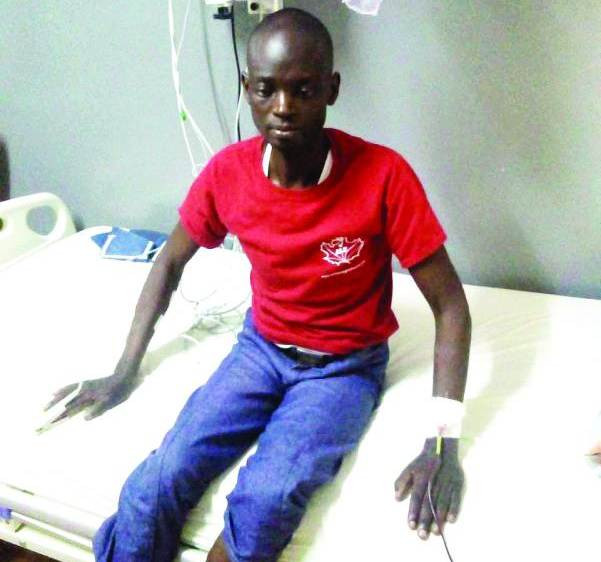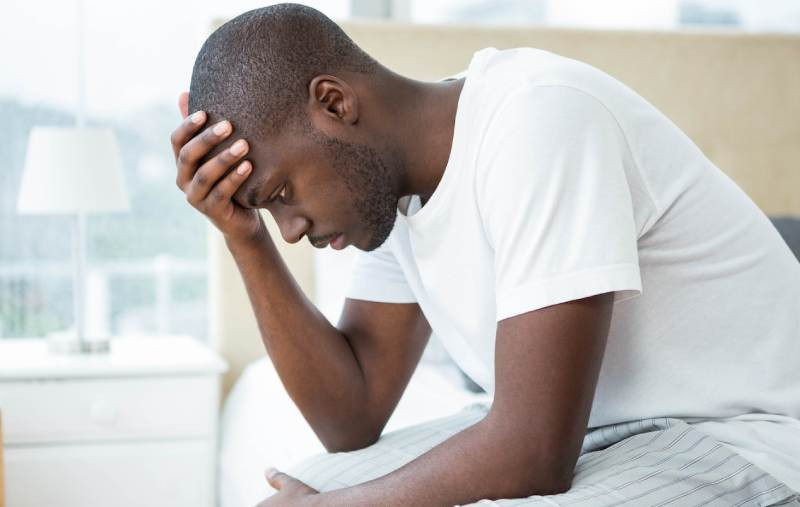The term menopause is synonymous with reproductive ageing in women. In its simplest interpretation, it is indicative of when monthly periods stop. In terms of reproduction, menopause signals the biological cessation of ovulation and the consequent inability to get pregnant spontaneously. It tends to occur in the late 40s or early 50s for most women.
Many bothersome symptoms are linked with menopause, and so is a heightened predisposition to some disease conditions. There has always been scientific curiosity about a similar phenomenon in men. As men do not get monthly periods, calling such a phenomenon ‘menopause’ would be erroneous.
The word andropause was coined, indicating an age-related decline in the production of male hormones, and the inevitable consequential reproductive and other related health effects. The hormonal changes in men as age advances tend to be gradual, with no abruptly noticeable physical events. The main male reproductive hormone is testosterone. On average, there is a one percent annual decline in testosterone levels from the age of 30, and by 70 years the levels have declined by as much as 50 per cent.
Common symptoms of declining testosterone levels include low energy, mood changes, reduced libido, and sometimes erectile dysfunction. Such effects tend to be subtle and might go unnoticed for years. As andropause progresses, changes in male sexual function become more noticeable and distressing. This may actually start as early as in the fourth decade. Sexual desire declines over time, and spontaneous erections become fewer. Fertility potential declines as well, and in rare cases the testes also become smaller!
Physical changes may also be increasingly noticeable and include reduced muscle bulk and increase in body fat; decrease in strength and endurance; lower bone mineral density and loss of body hair. As happens in menopausal women, sleep disturbance, emotional changes, depression, and failing memory are all associated with andropause. But all these symptoms are also part of normal ageing, and may also be caused by other disease conditions or medications.
Can men do anything to negate andropause creeping up on them? This is an inevitable biological phenomenon that cannot be circumvented, but certain lifestyle measures can help out. A healthy diet combined with physical activities maintains strength, energy and a lean body mass; not to mention improved mood and sleep patterns. Cigarette smoking, use of other illicit drugs and excess alcohol can make things worse.
For some men, treatment with testosterone relieves the bothersome effects of andropause. But testosterone replacement must always be prescribed by a specialist, similar to hormone replacement in menopausal women.
- Inside Sh150m initiative to end maternal death, period shame
- Meet an 'angel of the night' from Mfangano Island
- Sex education should start at home, renowned epidemiologist suggests
- What women want
Keep Reading
Dr Alfred Murage is a Consultant Gynecologist and Fertility Specialist. [email protected]
 The Standard Group Plc is a multi-media organization with investments in media platforms spanning newspaper print
operations, television, radio broadcasting, digital and online services. The Standard Group is recognized as a
leading multi-media house in Kenya with a key influence in matters of national and international interest.
The Standard Group Plc is a multi-media organization with investments in media platforms spanning newspaper print
operations, television, radio broadcasting, digital and online services. The Standard Group is recognized as a
leading multi-media house in Kenya with a key influence in matters of national and international interest.











